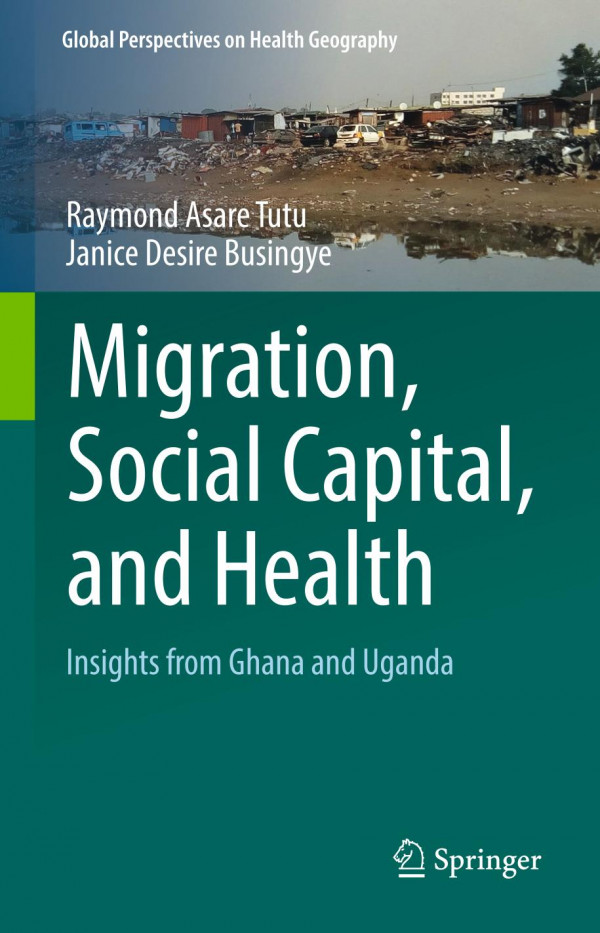

Most ebook files are in PDF format, so you can easily read them using various software such as Foxit Reader or directly on the Google Chrome browser.
Some ebook files are released by publishers in other formats such as .awz, .mobi, .epub, .fb2, etc. You may need to install specific software to read these formats on mobile/PC, such as Calibre.
Please read the tutorial at this link: https://ebookbell.com/faq
We offer FREE conversion to the popular formats you request; however, this may take some time. Therefore, right after payment, please email us, and we will try to provide the service as quickly as possible.
For some exceptional file formats or broken links (if any), please refrain from opening any disputes. Instead, email us first, and we will try to assist within a maximum of 6 hours.
EbookBell Team

4.1
60 reviewsThis book brings readers the first scientific publication, using a mixed-method approach, on the internal migration dynamics regarding disease ecologies of informality and the interactions between social capital, lifestyles, health literacy, and health outcomes in the context of informal settlements in two developing countries - Ghana and Uganda. Through the prism of the concepts of place and scale, the book demonstrates the myriad of ways by which place or context directly and indirectly influence migrant's health knowledge, literacy, and outcomes in poor urban slums. Readers will learn about the multi-faceted linkages between social capital, acculturation, and health in places of deprivation via quantitative methods (e.g. surveys) and qualitative methods such as focus group discussions, in-depth interviews, concept mapping, and body health mapping.
Chapters 1-2 provide an overview of internal migration into urban slums of Ghana and Uganda, and discuss the intersections between migration, social capital, and health in a global context. Chapters 3-7 address disease patterns, environmental risks to health, health literacy of migrants, social capital and acculturation, and social capital and health. The book will be of interest to professors and students, as well as policy makers in low to middle income countries for planning targeted interventions.